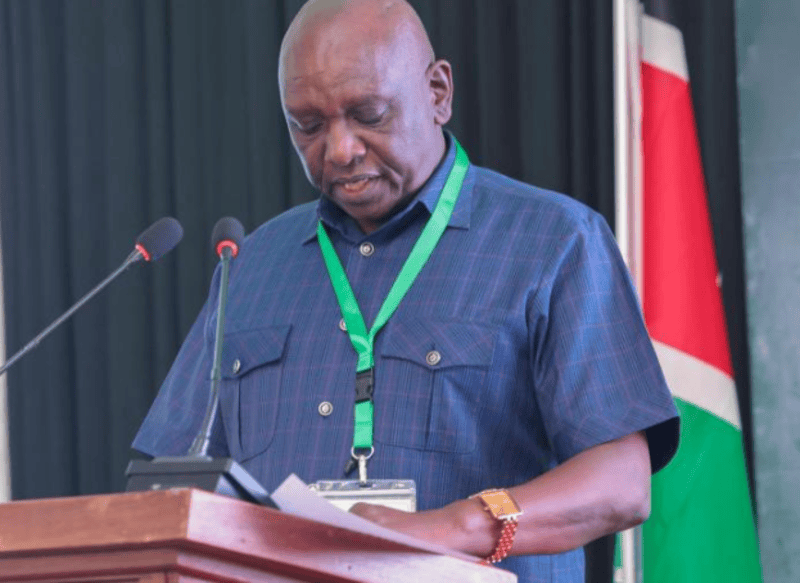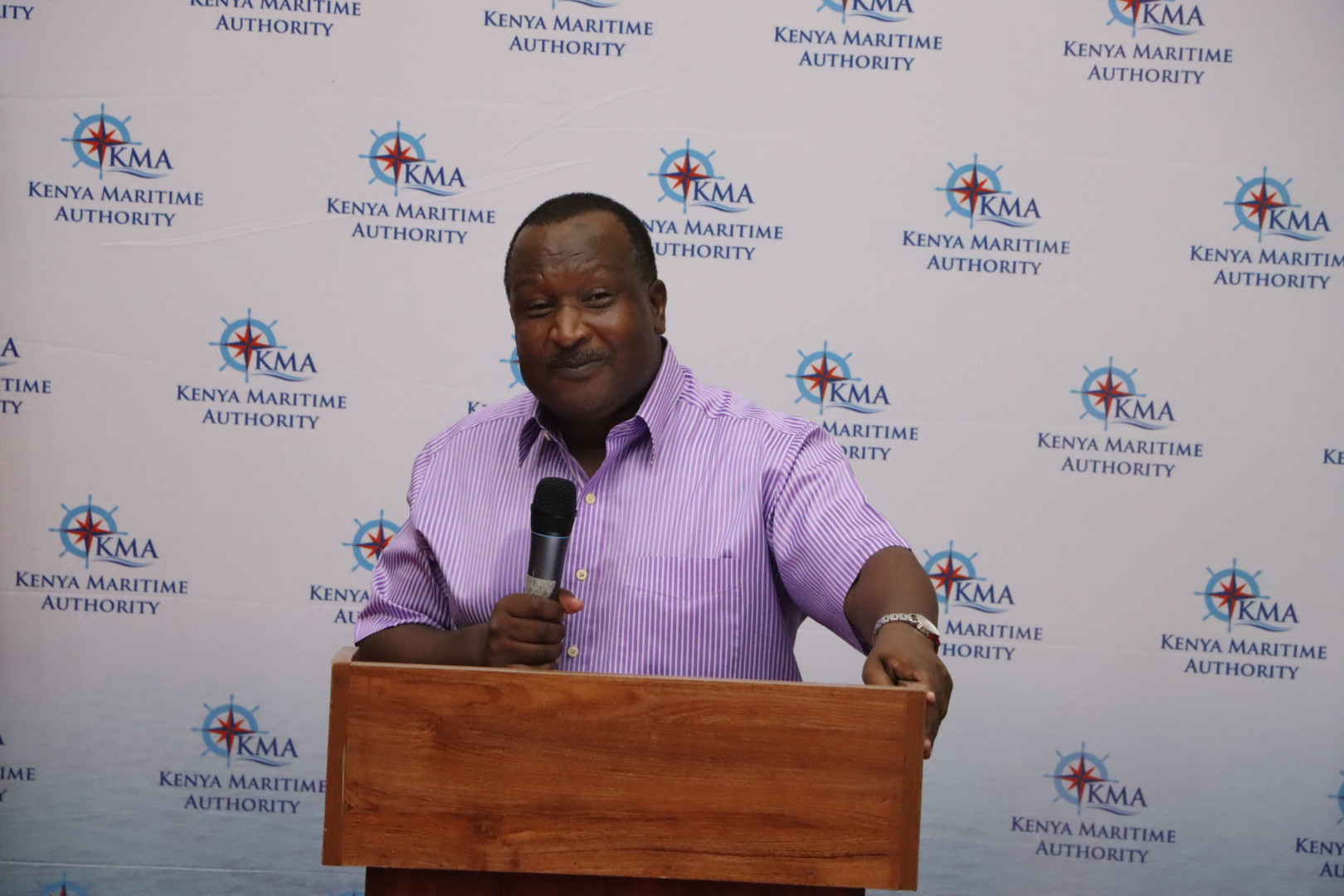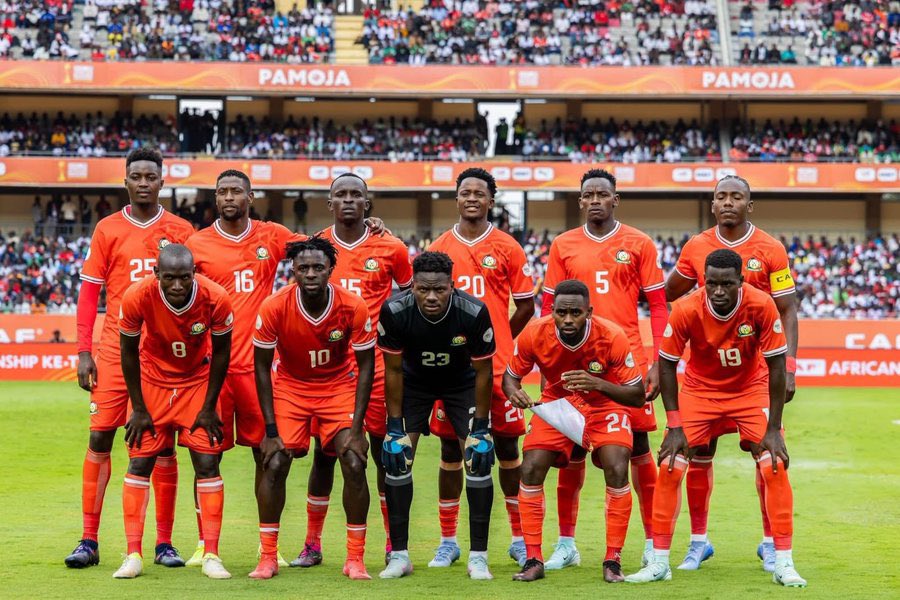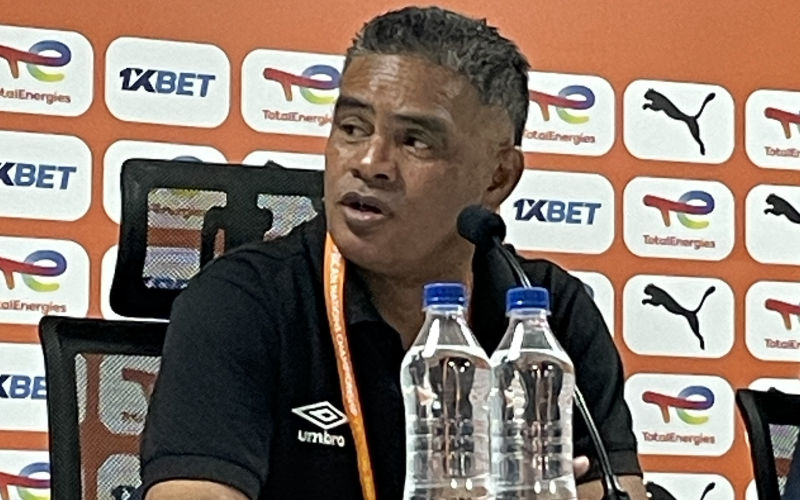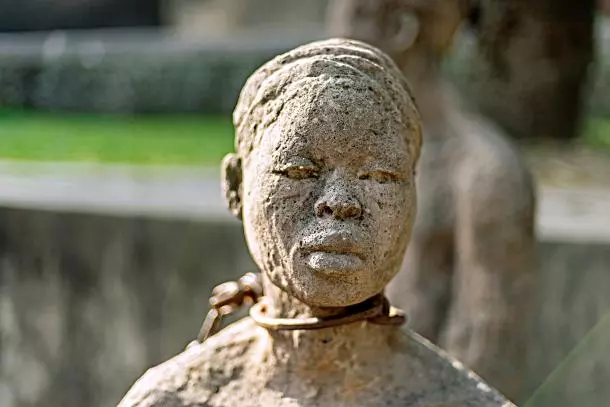DR Congo, Rwanda agree to draft peace accord to end hostilities
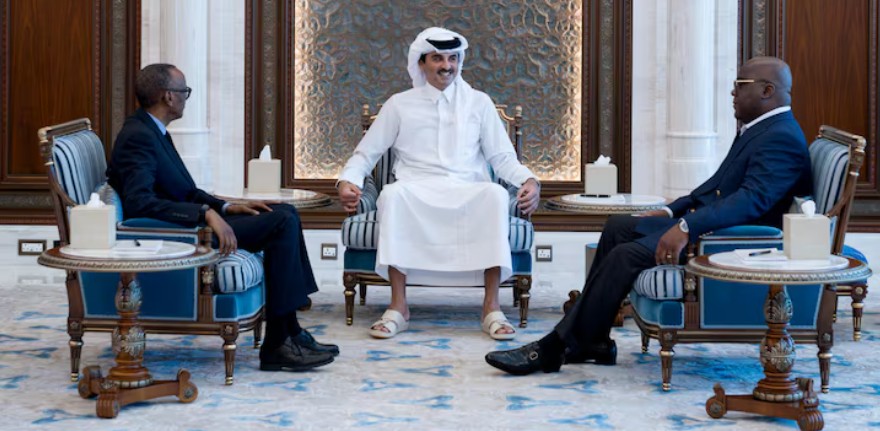
The agreement, according to a joint statement from the US State Department, is due to be signed on June 27 at a ministerial-level meeting.
After years of simmering tensions and violent flare-ups, the Democratic Republic of Congo and Rwanda have agreed to the text of a draft peace accord, a development brokered by the United States and observed by Qatar.
The agreement, according to a joint statement from the US State Department, is due to be signed on June 27 at a ministerial-level meeting.
More To Read
- Rwanda rejects Human Rights Watch allegations of backing M23 killings in DRC
- M23 rejects HRW findings linking group to over 140 civilian deaths in DRC
- M23 casts doubt on DRC peace efforts after skipping Qatar talks
- Islamic State claims responsibility for DRC church attack that left at least 43 dead
- DR Congo: Little hope for robust truce with M23 rebel group
- African Union welcomes signing of deal between DRC, M23 to end war
"The governments of Rwanda and the Democratic Republic of Congo on Tuesday initialled the text of a peace agreement between the two countries," read the statement.
The draft pact contains promises long demanded but rarely honoured: a commitment to respect territorial integrity, a prohibition of hostilities, and steps toward disengagement, disarmament, and the conditional integration of non-state armed groups.
For observers, the language amounts to an implicit acknowledgement of past violations, chief among them, Rwanda's alleged support for the M23 rebel group operating in eastern Congo.
Though Rwandan and Congolese experts had previously struck a similar deal under Angola's mediation—agreeing to troop withdrawals and joint action against the FDLR, a Rwandan Hutu militia—the political will to ratify the agreement fell short.
Angola, having failed to extract meaningful compliance, quietly exited its mediating role in March and handed over to Togo.
Now, Washington has stepped in where African diplomacy has faltered.
The African Union and regional blocs have largely stood back, despite repeated assertions that the continent does not require external interventions.
As the conflict worsened, displacing millions in eastern Congo, that rhetoric has rung increasingly hollow.
This fresh attempt at peace may offer a diplomatic opening. But observers remain cautious. It is not the first time promises have been inked on paper—only to be undone on the ground.
Top Stories Today



